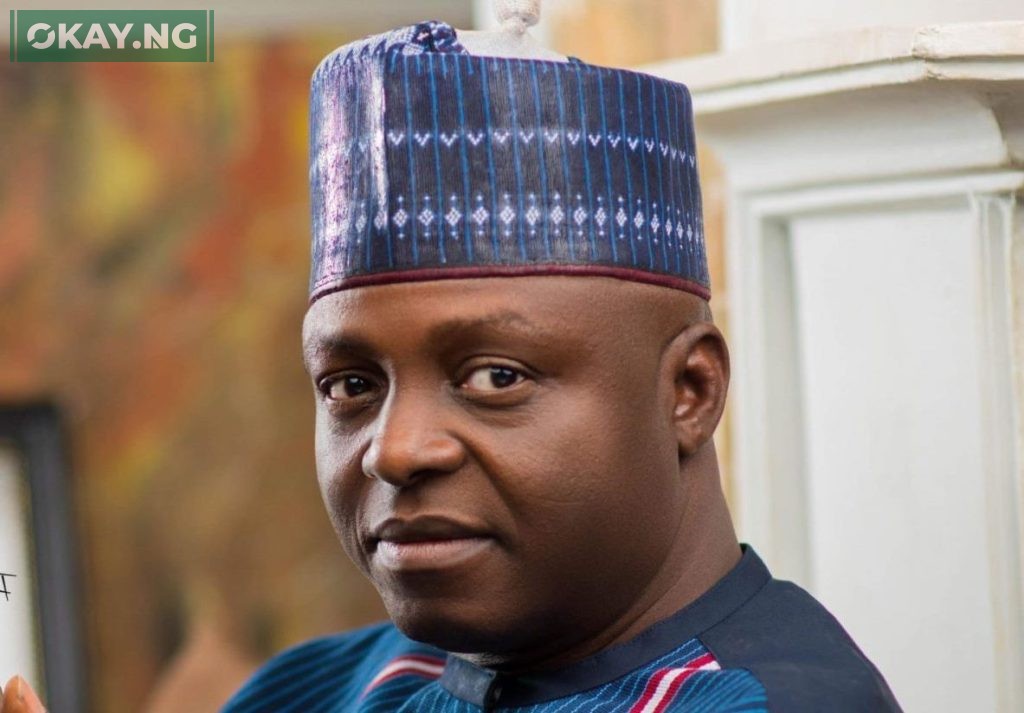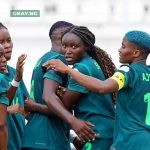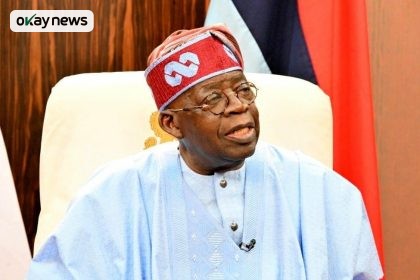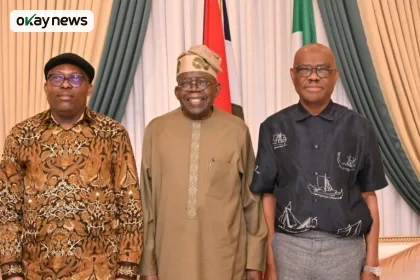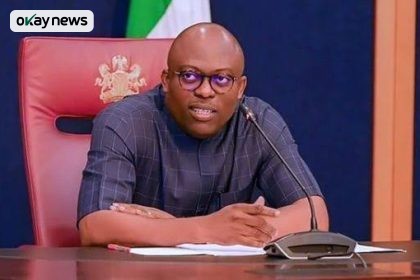The recent appointment of Prof. Nentawe Yilwatda, a Christian from Plateau State, as the National Chairman of the All Progressives Congress (APC) has reignited conversations about the party’s approach to religious representation ahead of the 2027 presidential election. His selection has prompted political analysts to revisit predictions that the APC could again field a Muslim-Muslim ticket—a decision that sparked national debate just two years ago.
At an emergency National Executive Committee meeting held at the Presidential Villa in Abuja, President Bola Tinubu presided over the announcement of Yilwatda replacing Dr. Abdullahi Ganduje, who stepped down citing health reasons. Yilwatda, previously serving as the Minister of Humanitarian Affairs and Poverty Reduction, represents the North Central, a religiously diverse region of Nigeria.
Political commentators interpret the choice as a calculated move by the ruling party to subtly prepare the political terrain for another Muslim-Muslim ticket in 2027. This scenario emerges in light of the controversies that surrounded the same-faith presidential ticket in the 2023 general elections, a decision that drew criticism from Christian communities and opposition groups.
Earlier in 2023, President Tinubu, a southern Muslim, selected Kashim Shettima, a northern Muslim, as his running mate. This Muslim-Muslim combination was met with accusations of promoting an Islamisation agenda, although the administration has insisted there’s no religious bias in governance. “Christians are living their lives. The President even attended the Pope’s inauguration in Rome. There is nothing to worry about,” said Bayo Onanuga, the President’s Special Adviser on Information and Strategy.
The debate resurfaced earlier this year when the Arewa Youth Movement, a Northern Muslim group, urged Tinubu to choose a northern Christian as a vice-presidential candidate to ensure religious balance. Bala Duguri, spokesperson for the Concerned Northern Muslim Ummah, echoed similar concerns, urging Muslim vice-presidential aspirants within the APC to step down in favor of Christian candidates.
Despite these appeals, discussions within the APC reflect divisions regarding the continuation of Kashim Shettima as running mate. A rift was evident at the North-East APC stakeholders’ meeting in June, where Shettima’s name was notably absent in endorsements for Tinubu’s second term. However, Yilwatda’s appointment may signal a shift in this narrative, giving hope to those advocating for continuity.
okay.ng reports that some political actors view Yilwatda’s leadership as part of a broader strategy that leverages Christian appointments in high-profile government roles to ease acceptance of a Muslim-Muslim ticket. Ashiru Pandum, a special assistant to Senator Abdul Ahmed Ningi, highlighted this in an X post, cataloguing Christian representation across key military, financial, and administrative positions in Tinubu’s government.
Opposition voices remain skeptical. Prince Ikenga NwaChineke of the Obidient Movement argued that despite these appointments, Nigeria faces persistent challenges such as hunger and goverpoliticalnance failures, stressing the need for change.
Within Christian circles, perspectives vary. Rev. Joseph Hayab, Chairman of the Christian Association of Nigeria in Northern Nigeria, supports calls for a Christian running mate but urges caution to avoid unnecessary religious tension amid pressing national security and economic issues. Similarly, Bishop Francis Wale Oke of the Pentecostal Fellowship of Nigeria emphasized fairness over religious identity, stating that Tinubu has demonstrated impartiality in office.
Religious leaders like Archbishop Isaac Ayo Olawuyi advocate separating religion from governance, suggesting that adopting different ticket compositions should be evaluated on merit and national interest rather than faith alone. The Catholic Bishops’ Conference and CAN leadership have also urged patience and discretion in addressing these sensitive political debates.
As the 2027 elections approach, the interplay between religion and politics remains a potent factor influencing political strategies within the APC, reflecting Nigeria’s complex socio-religious tapestry.


